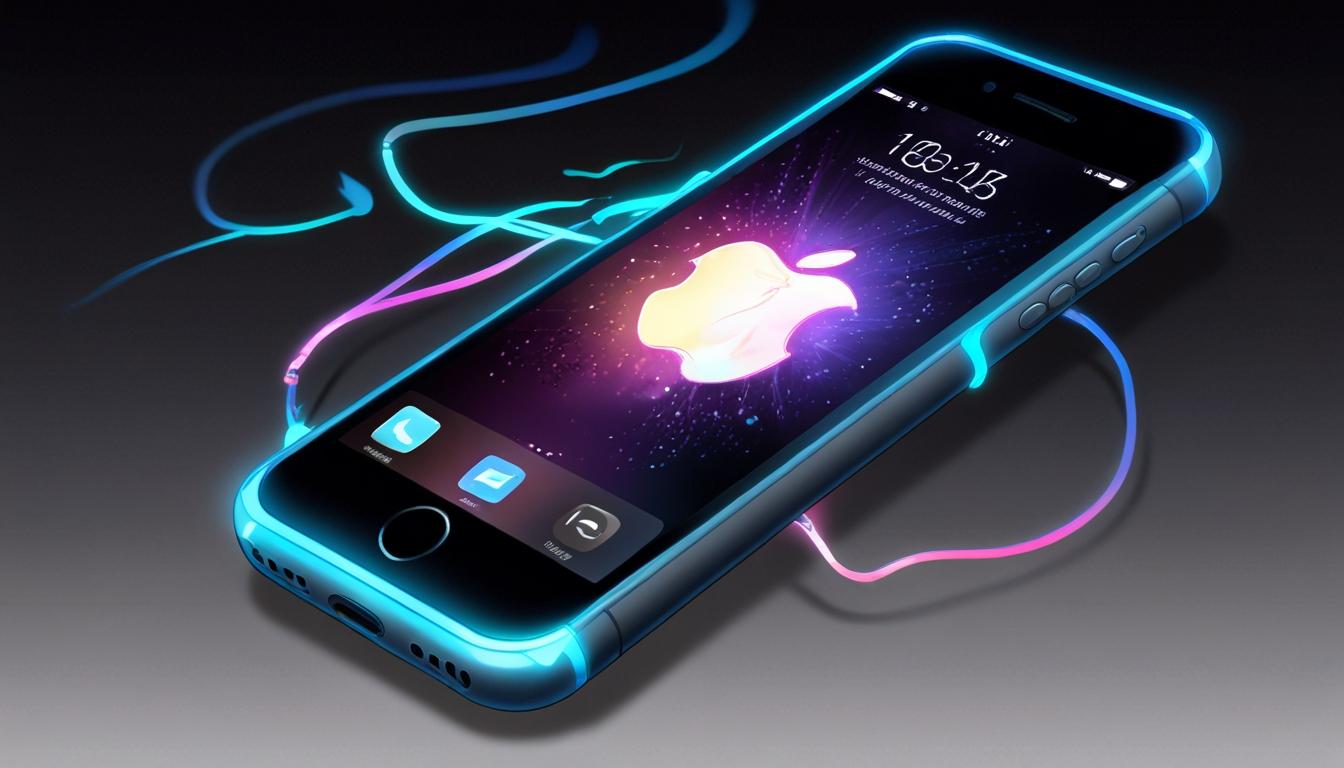Apple, once regarded as a trailblazer in consumer technology, finds itself grappling with a critical challenge: its perceived inadequacy in the realm of artificial intelligence (AI). The company has notably fallen behind industry frontrunners such as Google, Microsoft, OpenAI, and others, who have rapidly advanced their AI capabilities through innovative generative models and language processing technologies. As competitors integrate these cutting-edge solutions into their ecosystems, concerns are mounting about Apple’s stagnation, particularly regarding Siri, its virtual assistant, which has faced growing scrutiny for its outdated functionality and inability to handle even basic queries convincingly.
In an introspective commentary, Joanna Stern of The Wall Street Journal highlighted this disconnect, illustrating the frustrations users experience with Siri. When prompted with concerns about the future, Siri provided a generic response about COVID-19, underscoring how the assistant has not evolved to meet the current demands for contextual understanding. While tech giants like Google and Microsoft routinely unveil advancements, Apple’s silence and reliance on its hardware fundamentals have spurred speculation about its strategic direction for AI.
This sentiment is echoed by industry analysts who note that Apple's AI efforts appear reactionary rather than proactive. Reports indicate that internal restructuring has commenced in response to these criticisms, as Apple aims to reshape Siri's future. However, the question looms large: can Apple regain its former glory in the AI space? Some argue that the company must significantly increase its investment in AI, paralleling efforts made by its rivals, to avoid being perceived as a laggard in innovation.
Recent developments suggest a renewed commitment to AI. Apple is set to unveil its new “Apple Intelligence” framework, incorporating enhanced functionalities and robust integrations designed to rejuvenate user engagement with the iPhone. Features such as custom emoji generation, an advanced version of Siri, and a writing assistant aim to address the shortcomings that have plagued its digital assistant. Analysts anticipate that this move could catalyse an upgrade wave akin to the enthusiasm seen during the iPhone 12 launch.
Notably, as Apple gears up for the fall release of these features, it faces scrutiny not only from competitors but also from influential figures like Elon Musk. Musk has voiced concerns regarding Apple's partnership with OpenAI, suggesting that integrating its technology could present security risks. He described the potential necessity for stringent privacy measures in a rather dramatic manner, advocating for the need to secure devices from external access. In contrast, Apple has emphasized its commitment to user privacy, asserting that the new AI enhancements will primarily process data on users’ devices, minimising external data access.
Despite these challenges, some within the industry remain cautiously optimistic about Apple’s future in AI. The integration of Apple Intelligence, coupled with broader software expeditions, demonstrates a strategic pivot that may bolster iPhone sales and re-establish the company's innovative edge. These ambitions align with a broader narrative surrounding AI; as investment in the sector grows and competition intensifies, Apple’s forthcoming measures could determine its standing among tech giants in an increasingly AI-centric market.
In conclusion, while Apple appears to be taking steps toward revitalising its AI capabilities, the journey ahead will require significant effort to overcome the scepticism that has developed during its relative decline. The stakes are high, not just for Siri’s fate but for Apple’s reputation as a leader in technological innovation. With considerable pressure from both competitors and industry insiders, Apple is at a pivotal juncture, where its decisions could redefine its future in the fast-evolving landscape of artificial intelligence.
Reference Map
Source: Noah Wire Services
